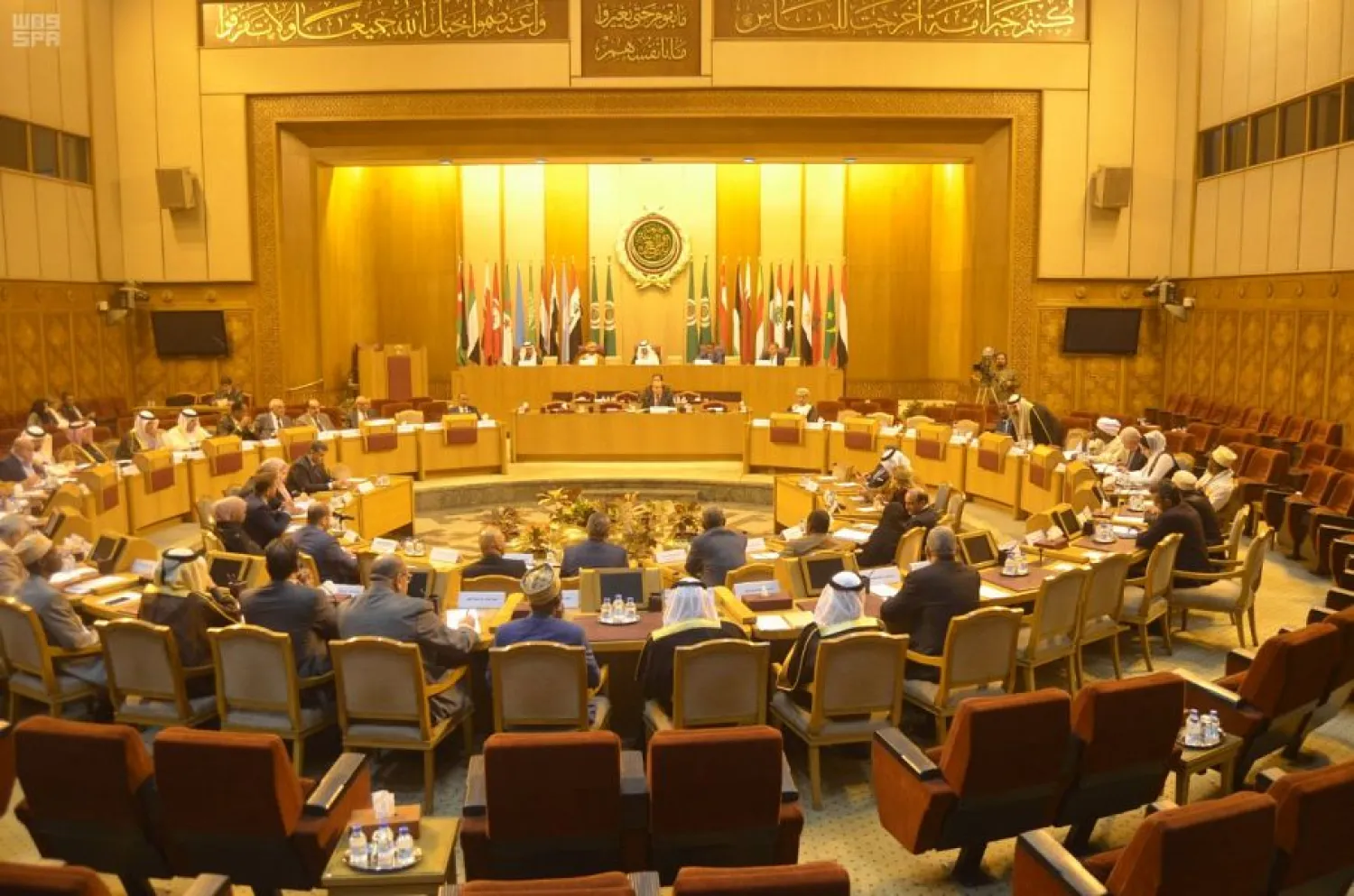Mishaal bin Fahm al-Salami, speaker of the Arab Parliament, stated that the Turkish and Iranian intervention in Arab affairs has reached a very dangerous level, prompting its members to endorse a unified strategy to confront them.
Salami told Asharq Al-Awsat that the strategy stresses the unity of Arab national security, meaning that any attack against an Arab state is an attack against all Arab states combined.
Asharq Al-Awsat received a summary of the key features of the strategy that will be submitted to the Arab League.
On Turkey, it stressed the importance for relations between Ankara and Arab countries to be based on international law, good neighborliness and mutual respect of sovereignty. It calls against the meddling in the internal affairs of others.
It also expressed its rejection of Ankara’s expansionist ambitions in the Arab region, calling for the activation of the Joint Defense Treaty that was signed in Cairo in 1950. The pact may be used as a collective Arab means to confront Turkish military meddling in Arab affairs.
It proposed the possibility of suspending the trade exchange and joint projects with Turkey until it abandons its ambitions in the region and its hostile policies that undermine the security and stability of Arab countries.
On Iran, the strategy calls for “solidarity with any Arab country” to confront the Tehran regime’s policies and “assaults against their sovereignty and attempts to fragment their social fabric”. It also rejected the “Iranian nuclear project and said it was committed to keeping the Middle East free of nuclear arms and other weapons of mass destruction.”
It urged the development of “Arab capabilities to defend their sovereignty, security, stability and interests to deter any aggression, while condemning the all forms of militias and organizations linked to the Iranian regime and active in Arab countries.”
It stressed its commitment to “the Arab identity and underlined the need to prevent internal disputes from developing into sectarian and ideological ones”, saying it stands against the Iranian regime’s project “to expand its revolution to the Arab world.”
The Arab Parliament’s strategy said it was committed to restoring the Abu Musa and the Greater and Lesser Tunb islands to the United Arab Emirates from Iran’s control. It urged the Iranian regime to relinquish the islands or face international arbitration.
The strategy also backed Bahrain in confronting Iranian meddling in its internal affairs and stressed the need for Tehran to respect the sovereignty of Yemen and United Nations Security Council resolutions that bar the delivery of weapons to the Houthi militias there.
It condemned in the strongest terms Iran’s supplying of the Houthis with ballistic missiles and drones that have been used in attacks against civilian targets in Saudi Arabia.









